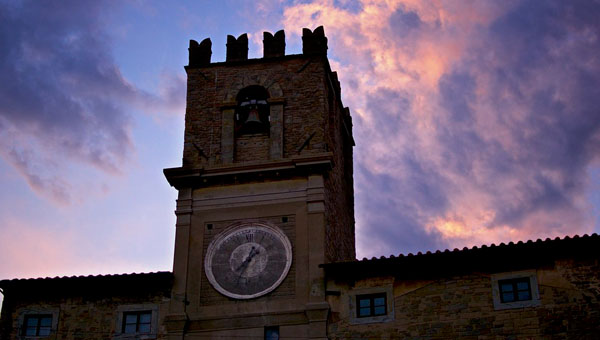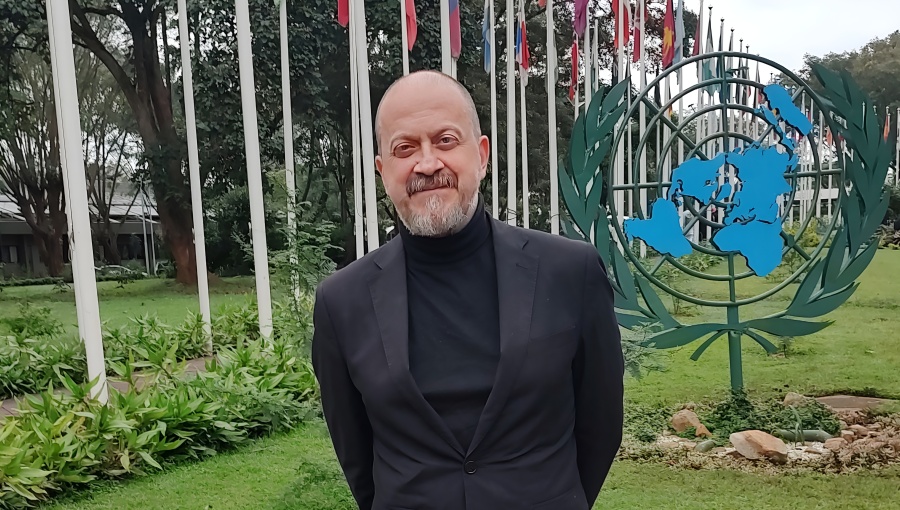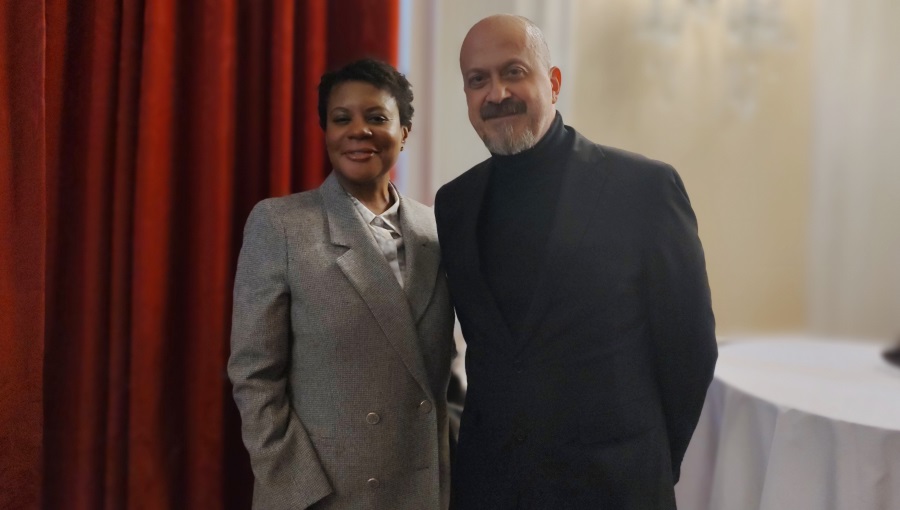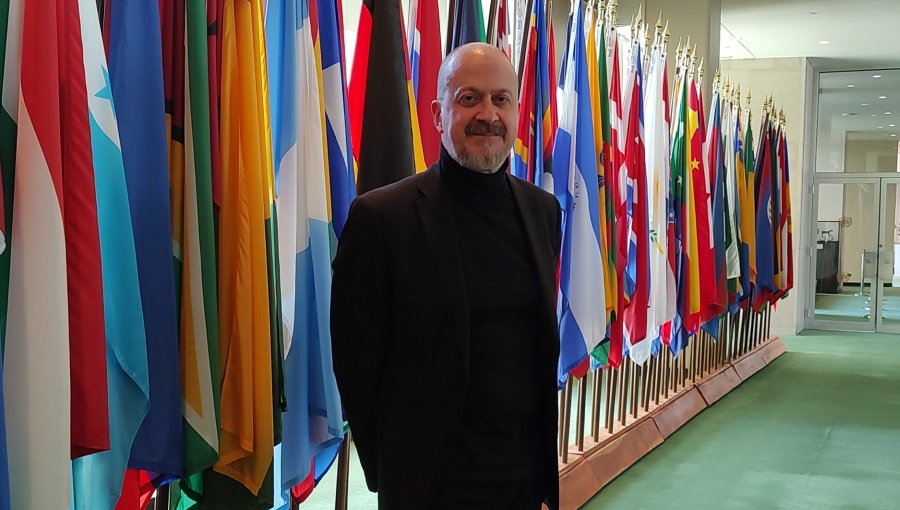Second Cortona Pearl: The First Pandemic of the Anthropocene
The JCU Institute of Future and Innovation Studies and Cortona Week organized the second monthly Cortona Pearl titled “The First Pandemic of the Anthropocene,” which took place virtually on March 27, 2021.
The talk was presented by Maria Stella de Sabata, Board Member of the International Diabetes Federation European Region, Brussels Belgium.

Sunset in Cortona by Antonio Cinotti
Introduced by Professor Pierluigi Luisi and Institute Director Francesco Lapenta, this Cortona Pearl hosted Ernesto Burgio, medical doctor and epigeneticist, ECERI European Cancer and Environment Research Institute, and SI-DOHaD (Società Italiana Developmental Origins of Health and Diseases).
Dr. Ernesto Burgio explored the origins of the Coronavirus pandemic, the need for a systemic response, and a coordinated change on a global scale to avoid similar events in the future. According to Dr. Burgio, the coronavirus is not only the first major pandemic of the third millennium, but also the first of the Anthropocene. It is not a “bump in the road,” a random, sudden, and unpredictable biological event, but rather a particularly dramatic episode of a long-building biological crisis.
This global biological and health crisis was widely predicted for decades by experts who have known since the beginning of this century that the world of microorganisms is in turmoil and that thousands of new potentially lethal viruses are ready to spillover from reservoir species to humans. Ebola, Nipah, Hendra, Marburg but especially new subtypes of Flu-Orthomyxoviruses and Bat-Coronaviruses are just some known instances. The reasons for these spillovers are many. From climate change to the disruption of biological and microbiological ecosystems, unrestrained deforestation, increasingly all-pervasive chemical and physical pollution, and the proliferation of megacities where tens of millions of humans live, often in conditions of misery and promiscuity.
Dr. Burgio explained that unless dramatic measures are taken, COVID-19 will potentially be only the first major pandemic and crisis of the Anthropocene. It will not be an isolated and accidental event, but indeed a particularly dramatic episode of a chronic and rapidly progressive disease that affects the entire ecosphere and biosphere and the whole of humanity. This is a crisis that cannot be addressed solely with drugs and vaccines, but only with systematic and coordinated global actions to tackle the ecological, climatic, and biological crisis that we have caused.
After Dr. Burgio’s 20-minute presentation, participants got the chance to engage in discussions in small groups chaired by the moderator, Francesco Lapenta, Prof. Pierluigi Luisi, and other members of the Cortona week. After the groups’ discussions, all participants reconvened in the plenum to discuss with Dr. Burgio the comments and questions of each group.





